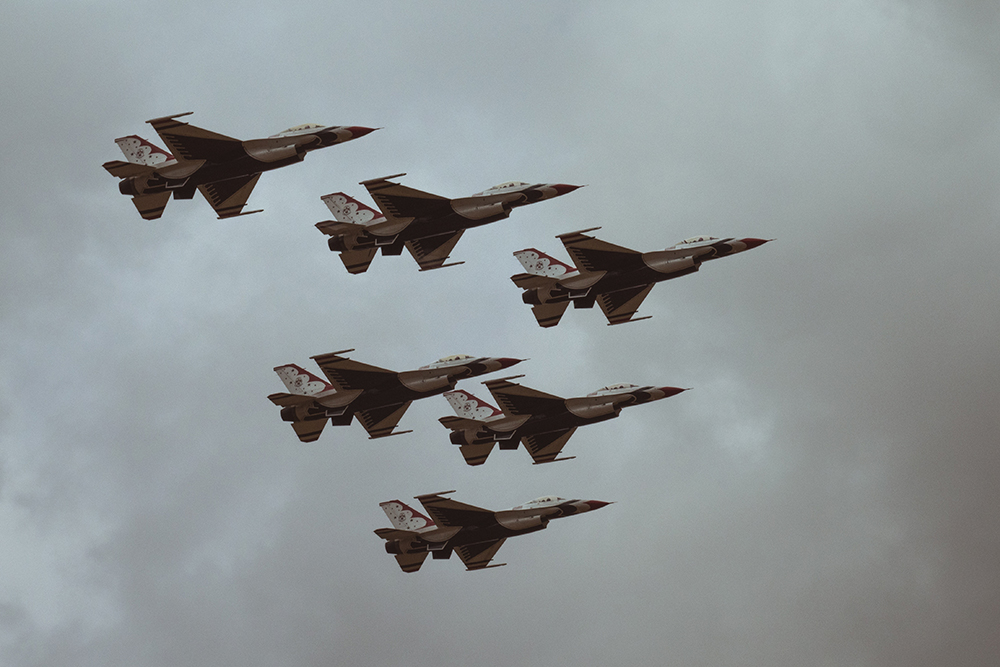China’s state-controlled media and trade experts warn that key Australian exports including iron ore and LNG are not immune to the growing trade hostilities between the two countries.
Observers say that when Beijing’s ambassador Cheng Jingye told The Australian Financial Review last month that Australia’s pursuit of such an inquiry was “dangerous”, and could result in Chinese boycotting Australia goods, it was Canberra’s turn to have its feet held to the fire.
“This is well orchestrated and co-ordinated (by Beijing). I think we will see more of this. This (coronavirus) is a weak spot in the narrative,” Professor Lam said.
In China, some Australian executives are concerned about a further backlash from Beijing and want the Morrison government to roll back the rhetoric. While the Chinese government has denied the restrictions on beef and barley are politically motivated, China’s state media hinted that there was further punishment to come.
“The latest meat import suspension and the possible imposition of major tariffs on Australia’s barley exports don’t necessarily represent China’s economic punishment for Australia, though they may serve as a wake-up call for Australia to reflect on its economic links with China,” the Global Times said on Wednesday.
“While China is the only choice for Australias massive commodity exports, Australia is not necessarily the only option for China. There are also other countries like Brazil that can supply huge amounts of iron ore, coal or LNG to China.”
It is unavoidable that more Australia businesses will be affected by the cold China-Australia relationship.
Wu Xinbo, Fudan University
Seasoned observers of the Beijing-Canberra relationship agreed that other Australian exports are at risk.
“It is unavoidable that more Australia businesses will be affected by the cold China-Australia relationship,” said Wu Xinbo, a dean at the Institute of International Studies at Shanghai’s Fudan University.
China has a history of using its economic power to press governments over political issues.
Beef traders in China said they could source meat from Russia, the United States and New Zealand if Australia became too risky. For now though, they were not cancelling their Australian orders from abattoirs not affected by the suspension.
China has a history of using its economic power to press governments over political issues. In 2017, China banned travel agencies from selling tours to South Korea because Seoul approved a US missile defence system.
A scene from the patriotic Chinese film Wolf Warrior. Supplied
In 2011, Norwegian salmon was left rotting in Chinese warehouses because of extra import controls levied when Oslo awarded a Nobel Peace Prize to Chinese dissident Liu Xiaobo.
However, this time it is issuing the threats through its increasingly outspoken diplomats or newspaper editors who have been labelled “World Warriors” after a 2015 Chinese action film called Wolf Warrior about an elite special force taking on US mercenaries.
Chinas national broadcaster, China Central Television (CCTV) reportedly said this week it was upholding a ban on broadcasting National Basketball Association games. The broadcaster boycotted the hugely popular American sport last year after a team manager tweeted a message in support of the Hong Kong protest movement.

